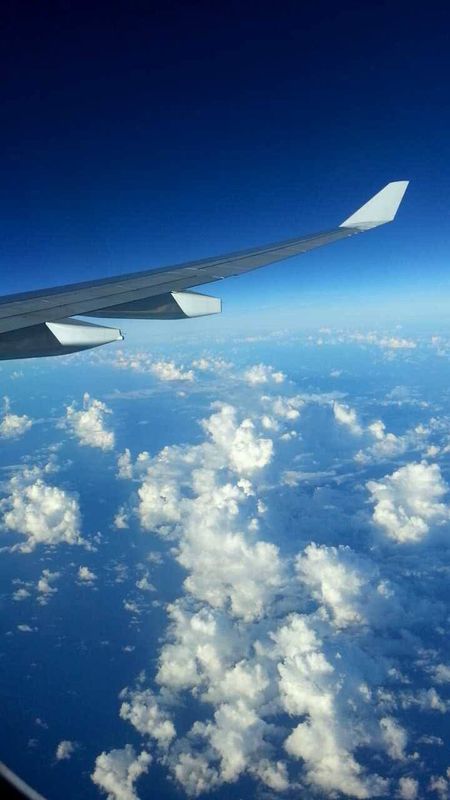Apr 25, 2025
Thoughts on Jetstar Japan's fines for failing to provide crew rest breaks
As an Australian living in Japan, the name Jetstar brings to mind cheap domestic flights, budget weekend getaways, and the no-frills promise of getting from A to B without breaking the bank. Back home, I’ve flown with Jetstar more times than I can count, since they're our main budget carrier. I've been on work trips between Sydney and Melbourne, holidays up to the Gold Coast, and even on international trips to places like Hawaii and Ho Chi Minh City well before I moved here. It's never been what I would call luxurious travel, but it's reliable enough when you're watching your wallet.

That's probably why recent news I read about Jetstar Japan hit a nerve. A Tokyo court ordered the low-cost airline to pay compensation to 35 cabin crew members for failing to provide them with adequate breaks during long shifts. The total payout is ¥3.85 million (about $27,400 in Aussie dollars), with each flight attendant receiving ¥110,000. It might not seem like much on the surface, but I do think it's a meaningful decision.
What really stuck with me was the court's rejection of Jetstar's claim that "breaks" could be taken mid-flight or in between flights. If you've ever watched flight attendants hustling up and down the aisle (even on a short domestic hop!) you know they don't get much downtime. Turbulence hits, a passenger has a problem, or there's prep to be done for landing, and they're really working the entire time. Even after the plane touches down, they're usually straight into cleaning or handling other duties at the gate.
The plaintiffs in the case argued they were working 10 to 12 hour days, often with multiple flights in a row and no proper rest in between. And to be clear, we're not talking optional unpaid overtime, we're talking about no clear breaks at all, despite Japan's labor laws requiring at least 45 minutes for shifts over six hours and an hour for those over eight.
To be fair, aviation is a unique industry. Schedules are often complex, and operations don't always fit neatly into standard labor frameworks. But as someone who has come to admire Japan's attention to detail and commitment to service, it's not great to see workers in such a customer-facing role being pushed to the edge like this.
What makes this story resonate on a deeper level is the culture clash it highlights. In Australia, we're fairly used to calling out unfair work conditions, especially in industries like hospitality or aviation. In Japan, doing the same often means risking your job, your reputation, or even your mental health. The fact that 15 of the 35 plaintiffs showed up in court is no small thing.
One of the plaintiffs noted the rough nature of this line of work, with early mornings from 5am, late nights finishing after 10pm, and little regard for natural sleep rhythms or rest periods. It’s the kind of schedule that leads to burnout, and it doesn’t just affect the workers, but can also affect passenger safety and service quality, too. I think that's something everyone needs to be mindful of!
Jetstar Japan said they are taking time to review the ruling and considering next steps. As someone who has relied on the Jetstar brand for numerous travels, I really do hope that "low-cost" doesn’t mean "low regard for crew welfare."



0 Comments